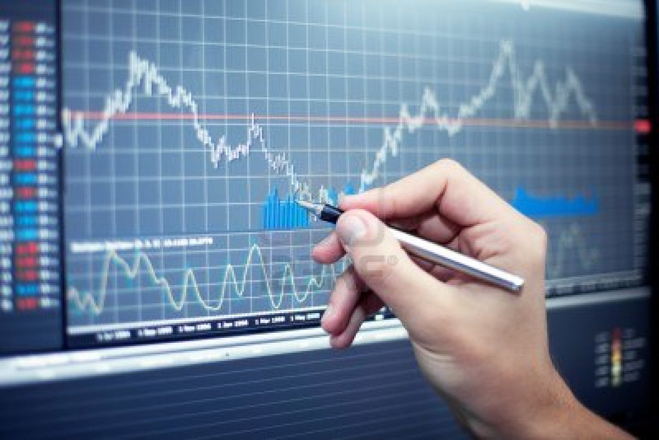Asian stocks pulled back in early trade on Tuesday, while the dollar bounced back from a five-month low after the U.S. Treasury Secretary's comments supported a stronger currency, although escalating tensions over North Korea capped gains, Reuters reported.
MSCI's broadest index of Asia-Pacific shares outside Japan .MIAPJ0000PUS was 0.15 percent lower.
Japan's Nikkei .N225 jumped 0.8 percent, its biggest one-day gain in three weeks, thanks to a weaker yen.
Australian shares slipped 0.8 percent on their first trading day this week.
South Korea's KOSPI .KS11 climbed 0.1 percent.
Markets are awaiting data on Chinese home prices in March and South Korea's producer price index, as well as minutes from the Reserve Bank of Australia's April meeting.
U.S. housing starts and building permits for March, as well as industrial production, are also due later in the session.
Following North Korea's failed missile launch on Sunday, tensions have escalated amid concerns that the isolated state may soon test another nuclear bomb or missile.
U.S. Vice President Mike Pence warned North Korea on Monday that recent American military strikes in Syria and Afghanistan showed President Donald Trump's resolve should not be questioned, but Pyongyang vowed to continue its tests.
While praising China for stepping up efforts to rein its neighbor and ally, Pence and South Korea's acting president, Hwang Kyo-ahn, said they would proceed with the early deployment to South Korea of the U.S. THAAD missile-defense system, in spite of China's objections.
"It seems the focus is now firmly on future missile tests from North Korea and whether any future tests will actually be successful," Chris Weston, chief market strategist at IG in Melbourne, wrote in a note. "One suspects the concerns in North Korea have further to play out."
Despite these tensions, Wall Street posted its first session of gains in four, as investors turned their attention to first-quarter corporate earnings. Goldman Sachs (GS.N) is among companies due to report this week. All three major indexes .DJI .SPX .IXIC advanced about 0.9 percent overnight.
The dollar edged higher after U.S. Treasury Secretary said he saw the currency's strength over the long term as a positive, although he agreed with Trump's view that it hurts exports in the short term.
The dollar index .DXY, which tracks the greenback against a basket of trade-weighted peers, rose 0.1 percent to 100.38.
The dollar gained 0.2 percent to 109.15 yen JPY= in early trade on Tuesday. It hit its lowest level since Nov. 15 on Monday.
Japanese Finance Minister Taro Aso and Pence are due to meet later on Tuesday, with issues including trade, currencies, energy and infrastructure likely to be discussed.
"For dollar/yen, the main focus will be on what kind of pressure the United States could apply on Japan as basically U.S. trade policy is linked with a policy for a weaker dollar," said Junichi Ishikawa, senior forex strategist at IG Securities in Tokyo.
"The yen cannot simply continue weakening along with higher stocks under such conditions," he said.
The euro EUR=EBS was steady at $1.0639, retaining Monday's 0.25 percent gain.
In commodities, oil prices inched up after sliding on Monday on rising U.S. production and as investors took profits after three straight weeks of gains.
U.S. crude CLc1 added 0.1 percent to $52.69 a barrel, after falling 1 percent on Monday, its biggest decline in almost a month.
Gold XAU= retreated 0.15 percent to $1,282.24 an ounce early on Tuesday on the dollar's strength.






